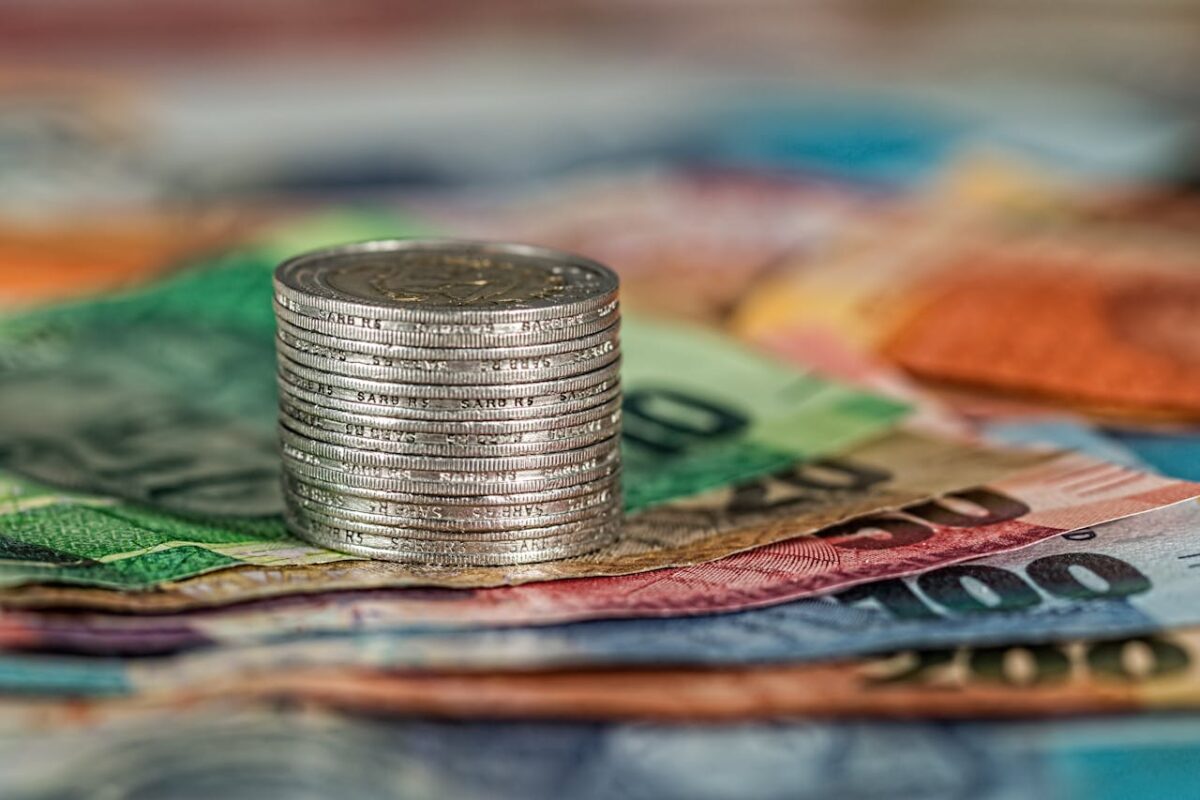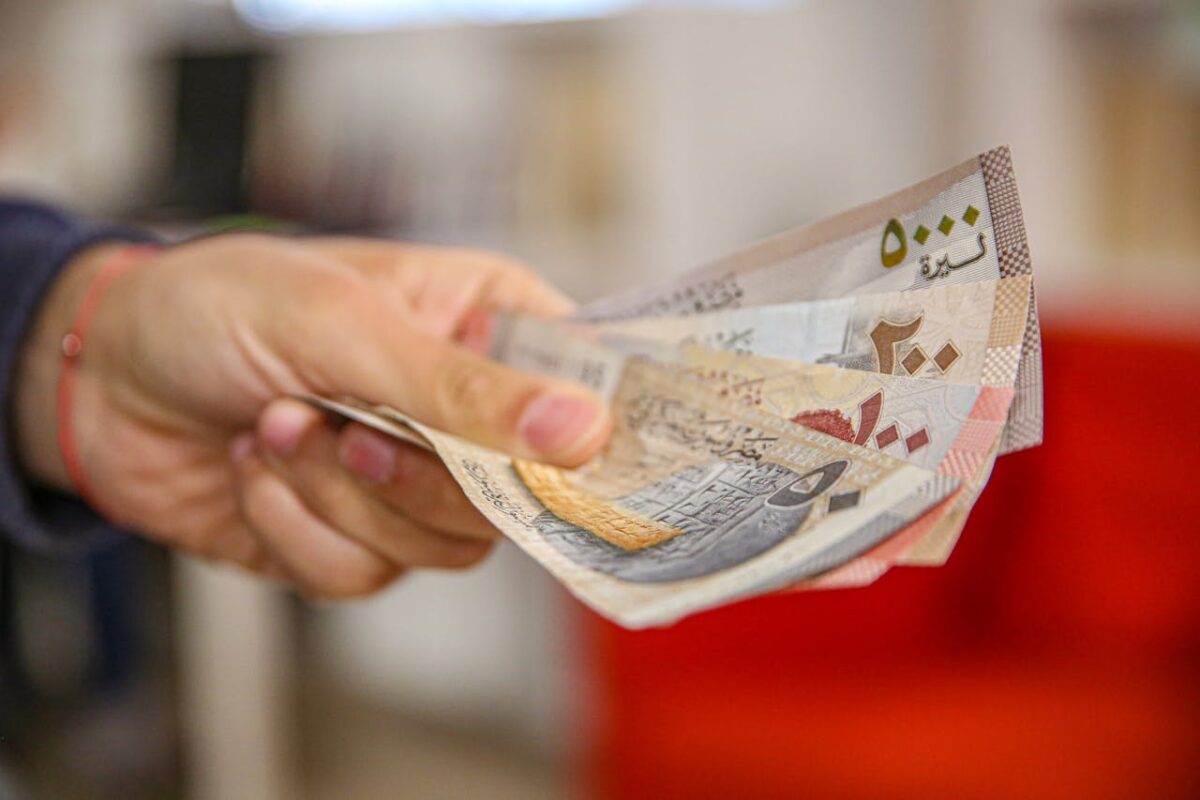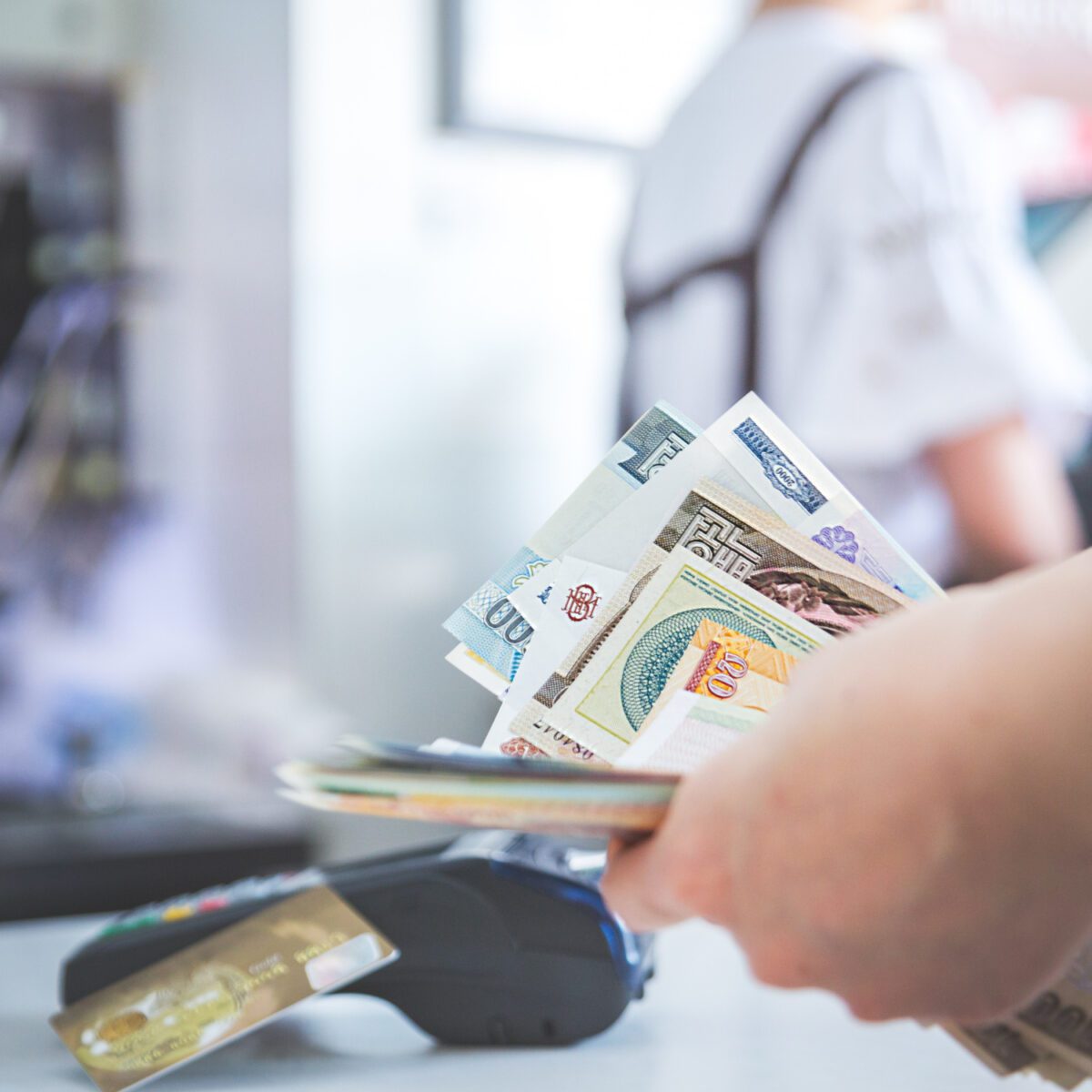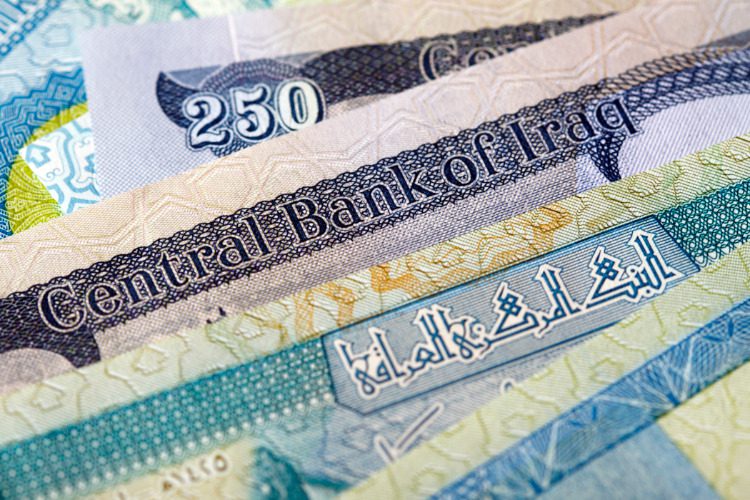On June 2, 2025, the International Monetary Fund (IMF) issued a sobering forecast for Iraq’s economy, projecting a 1.5% contraction for the fiscal year due to a combination of weakening oil revenues, rising fiscal pressure, and delays in economic reform. This announcement has sent ripples through global markets, regional financial institutions, and the Iraqi population.
For a country already struggling with inflationary pressure, unemployment, and capital flight, the IMF’s message serves not only as a warning, but also as a stark call to action. Among the many pressing economic strategies Iraq must consider, one increasingly appears unavoidable: the revaluation (RV) of the Iraqi Dinar (IQD).
In this article, we explore the roots of Iraq’s economic difficulties, examine the details of the IMF report, assess how monetary revaluation could offer relief, and propose a roadmap for Iraq’s path forward.
Iraq’s Overdependence on Oil: A Fragile Foundation
Iraq is OPEC’s second-largest oil producer, and its economy has long been reliant on hydrocarbon revenues. Roughly 90% of the country’s national budget is funded by oil exports. While high oil prices in past years provided some cushion, recent fluctuations and geopolitical tensions have exposed the fragility of this model.
Global shifts towards renewable energy, increased U.S. shale oil production, and recent drops in oil prices have significantly impacted Iraq’s financial health. The IMF notes that such a narrow revenue base increases vulnerability to external shocks and macroeconomic instability.
Add to this an inefficient public sector, rampant corruption, and a bloated wage bill, and the situation becomes a fiscal crisis waiting to erupt.
Breaking Down the IMF’s 2025 Outlook
The IMF’s report, based on its Article IV consultation with Iraq, forecasts a 1.5% contraction in GDP. Key contributing factors include:
Oil Revenue Decline: Oil exports are generating significantly less income compared to the previous year.
High Public Spending: Government expenditure, especially salaries and subsidies, continues to outpace revenue.
Private Sector Stagnation: Limited access to finance, outdated regulations, and political instability have discouraged private sector development.
Security and Infrastructure Challenges: While security has improved in some areas, much of the country still faces logistical and governance challenges.
The IMF calls for urgent diversification of the economy and greater fiscal discipline, including reductions in non-targeted subsidies, public sector reform, and stronger tax collection.
Non-Oil Revenue: Iraq’s Underutilized Resource
Diversification has long been a buzzword in Iraqi policy circles, but tangible progress has been limited. The IMF encourages Iraq to prioritize the following non-oil revenue opportunities:
Tax Reforms: Iraq’s tax-to-GDP ratio remains among the lowest in the region. Improving compliance and modernizing tax administration could generate billions.
Agriculture and Industry: Reviving these sectors could create jobs and reduce dependency on imports.
Tourism and Heritage: Iraq’s rich history and religious sites offer untapped tourism potential.
Digital Economy: Iraq has one of the youngest populations in the region. Leveraging tech and fintech could open new avenues for growth.
While these avenues exist, real progress will require policy stability, private investment incentives, and international partnerships.
Why the IQD Needs Revaluation
The Iraqi Dinar’s official rate has been relatively stable, but a significant black-market spread still exists. This has led to multiple exchange rates, arbitrage opportunities, and reduced public trust in the currency.
A controlled revaluation could:
Restore Confidence in the IQD: By narrowing the gap between official and parallel rates.
Attract Foreign Investment: A stable, credible currency makes Iraq a more attractive destination.
Reduce Inflationary Pressure: A stronger dinar could make imports cheaper and stabilize local prices.
Encourage Domestic Saving and Banking: Iraqis tend to hoard cash or buy foreign currencies. A trustworthy dinar would incentivize people to save and invest domestically.
Of course, revaluation is not a magic bullet. It must be coupled with monetary discipline, transparent governance, and institutional reform.
CBI, IMF, and Revaluation Readiness
The Central Bank of Iraq (CBI) has been quietly laying the groundwork for monetary reform:
Forex Reserves Above $100 Billion: CBI’s current reserves provide a buffer for managing exchange rate adjustments.
Gold Holdings Surpassing 160 Tons: This bolsters the credibility of any potential RV.
Digital Dinar Plans: The move toward digital currency infrastructure signals CBI’s forward-looking approach.
The IMF and World Bank have both expressed willingness to support Iraq’s reform agenda. However, the onus is on Iraq’s policymakers to move from planning to execution.
Potential Risks of an RV
While revaluation can yield long-term benefits, it comes with short-term risks:
Export Competitiveness: A stronger currency could make Iraqi exports more expensive.
Budgetary Pressure: If not managed carefully, RV could complicate salary and subsidy structures.
Speculative Pressure: Rumors and misinformation could lead to market volatility.
Mitigating these risks requires clear communication, robust regulation, and phased implementation.
What the People Are Saying: On the Ground Sentiment
Public sentiment toward the IQD is mixed. While many Iraqis are proud of their national currency, years of economic hardship have fostered skepticism.
Surveys show:
Over 70% of Iraqis prefer to save in USD or gold
Only 18% trust that the dinar will regain its former value
65% believe financial reform is urgent and overdue
Any revaluation must be preceded by a strong communication campaign that outlines benefits, timing, and safeguards.
A Path Forward
For Iraq to emerge from its current economic malaise, it must combine fiscal realism with monetary ambition. The IMF has made clear that time is running out. Iraq must:
Implement bold fiscal reforms
Strengthen banking supervision
Launch a phased revaluation plan
Build trust through transparency and results
Global institutions are watching. Investors are watching. Most importantly, the Iraqi people are watching.
A revaluation of the IQD, done right, could serve as a cornerstone for Iraq’s economic renaissance.
Stay tuned to Dinar Exchange for real-time updates on Iraq, the IQD, and global economic trends that matter.





